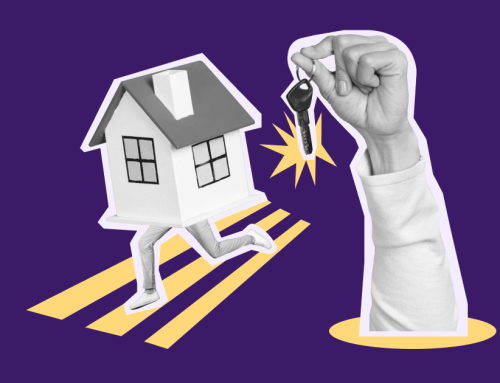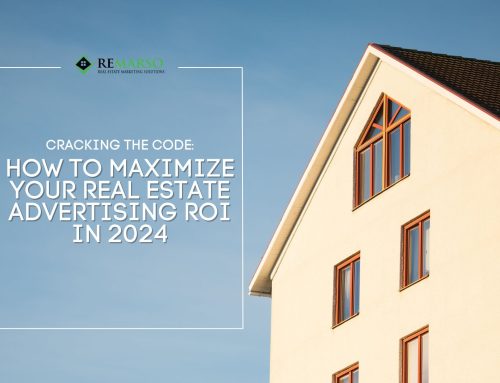In the dynamic landscape of real estate, staying ahead requires a blend of innovation and strategic acumen. Real estate professionals are increasingly turning to marketing automation to streamline processes, enhance efficiency, and, most importantly, maximize return on investment (ROI). This article delves into the world of real estate marketing automation, exploring essential tools and best practices that empower professionals to unlock the full potential of their investments.
The Foundation: Understanding Real Estate Marketing Automation
Before delving into tools and practices, it is crucial to grasp the fundamentals of real estate marketing automation. This approach involves utilizing software and technology to automate repetitive tasks, nurture leads, and streamline communication, ultimately optimizing the marketing and sales processes.

Essential Tools for Real Estate Marketing Automation:
- Customer Relationship Management (CRM) Systems: A robust CRM system is the cornerstone of real estate marketing automation. It enables professionals to manage contacts, track interactions, and gain valuable insights into client behavior. Popular options like Salesforce, HubSpot, and Zoho CRM offer tailored solutions for the real estate industry.
- Email Marketing Platforms: Crafting targeted and personalized email campaigns is made seamless with email marketing platforms such as Mailchimp, Constant Contact, and Campaign Monitor. These tools facilitate drip campaigns, lead nurturing, and provide analytics for optimizing engagement.
- Social Media Automation: Efficiently managing social media presence is a must for real estate professionals. Tools like Hootsuite, Buffer, and Sprout Social enable scheduling posts, monitoring engagement, and analyzing performance across multiple platforms.
- Automated Ad Campaigns: Platforms like Google Ads and Facebook Ads offer automation features to target specific demographics, retarget leads, and optimize ad spend. Automation ensures ads are shown to the right audience at the right time, enhancing ROI.
Best Practices for Real Estate Marketing Automation:
- Data Quality and Segmentation: Effective automation relies on accurate and organized data. Maintain a clean and updated database, and use segmentation to tailor marketing efforts based on factors such as location, preferences, and behavior.
- Personalized Communication: Automation doesn't mean sacrificing personalization. Leverage data to craft personalized messages that resonate with your audience, fostering a deeper connection and increasing the likelihood of conversion.
- Continuous Monitoring and Optimization: Regularly monitor the performance of your automation efforts. Analyze data, track key metrics, and be prepared to adjust strategies based on insights. This iterative process ensures ongoing improvement and maximizes ROI over time.
- Integration of Systems: Streamline operations by integrating different automation tools. Seamless integration between CRM, email marketing, and other systems enhances efficiency, reduces manual work, and creates a cohesive marketing ecosystem.

Conclusion:
In the competitive realm of real estate, embracing marketing automation is no longer a choice but a necessity. By investing in the right tools and adhering to best practices, professionals can unlock the full potential of their marketing efforts, reaching the right audience at the right time and maximizing return on investment. Strategic implementation of real estate marketing automation positions professionals to navigate the evolving landscape with agility, efficiency, and, ultimately, unparalleled success.






